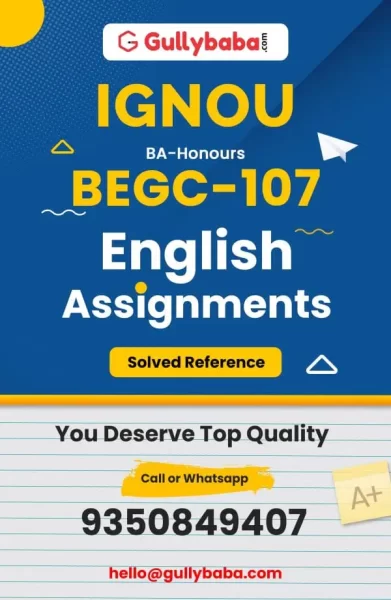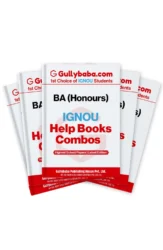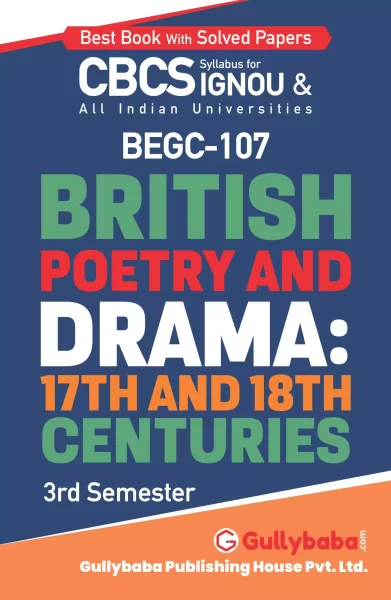-
Sale!
BEGC-107
British Poetry and Drama: 17th and 18th Centuries
₹40.00 – ₹100.00Bought by : 2370 StudentsIn Stock Only 0 left ! -
Sale!
BANS-183 + BEGC-105 + BEGC-106 + BEGC-107 + BPAG-173
IGNOU BA (Honours) English Combo
Bought by : 3292 StudentsIn Stock Only 0 left ! -
Sale!
BAPI-02 + BEGC-105 + BEGC-106 + BEGC-107 + BPAG-173
IGNOU BA (Honours) English Combo
Bought by : 2887 StudentsIn Stock Only 0 left ! -
Sale!
BAPI-02 + BEGC-105 + BEGC-106 + BEGC-107 + BSOG-173
IGNOU BA (Honours) English Combo
Bought by : 3085 StudentsIn Stock Only 0 left ! -
Sale!
BCHS-183 + BEGC-105 + BEGC-106 + BEGC-107 + BSOG-173
IGNOU BA (Honours) English Combo
Bought by : 3308 StudentsIn Stock Only 0 left ! -
Sale!
BEGC-107
British Poetry and Drama: 17th and 18th Centuries
Bought by : 3073 StudentsIn Stock Only 0 left !






